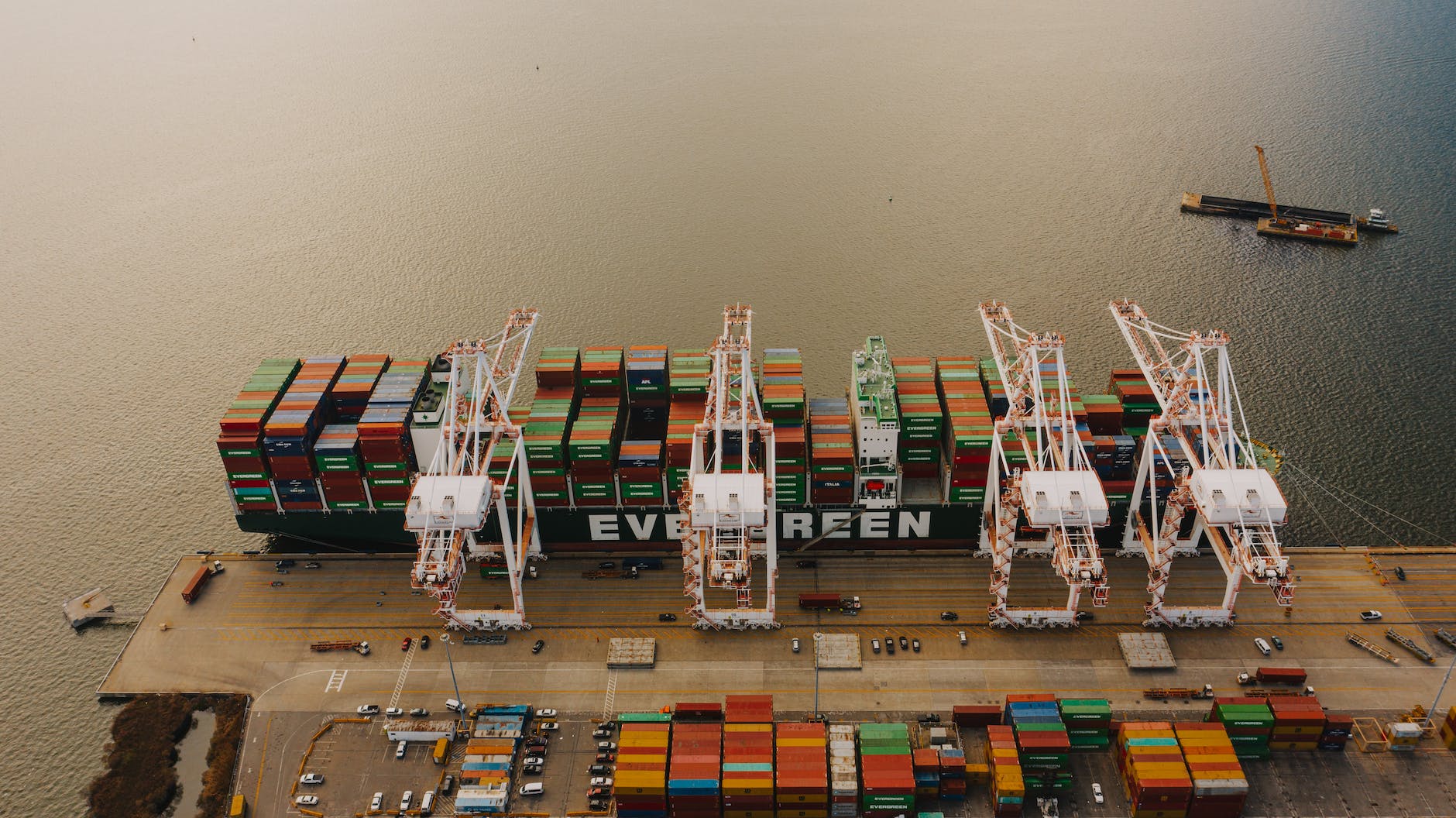In the digital age, the concept of decentralization has gained immense popularity, particularly with the rise of cryptocurrencies and blockchain technology. Decentralized ledgers, commonly known as blockchains, have revolutionized various industries by introducing a secure, transparent, and efficient system of recording and verifying transactions. This article dives into the intricacies of blockchains, unraveling the fundamentals, benefits, and potential applications that make them a transformative force in today’s interconnected world.
Decentralization Unveiled: A Paradigm Shift in Data Management
Decentralized ledgers operate on the principle of distributing data across a network of computers, as opposed to a central authority or server. This fundamental shift from centralized control to a distributed network fosters transparency, immutability, and resistance to single points of failure, making blockchains a preferred choice for various applications.
The Building Blocks of Blockchain: How It Works
Blockchains consist of blocks, each containing a set of transactions. These blocks are linked together using cryptographic hashes, creating a chain of information. The decentralized nature of the blockchain network ensures that each participant holds a copy of the entire ledger, ensuring data integrity and trust within the system.
Immutability and Security: Safeguarding Data Integrity
One of the defining features of blockchains is immutability, meaning once data is recorded on the blockchain, it cannot be altered or deleted. This characteristic, coupled with cryptographic security, protects the integrity of transactions, making it nearly impossible for malicious actors to manipulate or tamper with the data.
Transparency and Auditability: Openness of the Blockchain
Transparency is a cornerstone of blockchain technology. All participants in the network have access to the same version of the ledger, enabling real-time verification of transactions. This openness not only instills trust among users but also simplifies audit processes, as all activities are traceable and verifiable.
Decentralized Finance (DeFi): Redefining Financial Systems
One of the most impactful applications of blockchain is in the realm of decentralized finance, or DeFi. DeFi platforms leverage blockchain technology to offer a wide range of financial services, including lending, borrowing, trading, and yield farming, without the need for traditional intermediaries.
Supply Chain Management: Enhancing Traceability and Accountability
Blockchain has found significant application in supply chain management. By recording every step of a product’s journey on an immutable ledger, blockchains provide unparalleled transparency and traceability, ensuring accountability and authenticity throughout the supply chain.
Smart Contracts: Automating Trustworthy Transactions
Smart contracts are self-executing contracts with the terms directly written into code. These contracts automatically execute when predefined conditions are met. By removing the need for intermediaries, smart contracts streamline processes, reduce costs, and enhance the efficiency of various industries.
Blockchain Interoperability: Bridging Networks for Seamless Integration
As blockchain adoption continues to grow, the need for interoperability between different blockchain networks becomes evident. Efforts are underway to develop solutions that facilitate seamless communication and data transfer between disparate blockchains, fostering greater collaboration and scalability.
Challenges and Scalability: The Road Ahead
While blockchain technology offers a plethora of advantages, it is not without challenges. Scalability, energy consumption, and regulatory hurdles are among the key considerations that blockchain developers and users must address to ensure widespread adoption and long-term sustainability.
Future Prospects: The Evolution of Blockchain Technology
The potential applications of blockchain technology extend far beyond its current use cases. As the technology continues to mature, researchers and innovators are exploring novel applications, including identity management, voting systems, and decentralized internet infrastructure.
Conclusion
Understanding decentralized ledgers, or blockchains, is crucial in grasping the transformative potential of this revolutionary technology. From enhancing data security and transparency to redefining financial systems and supply chain management, blockchains are reshaping various industries across the globe. As blockchain adoption expands, it is essential for businesses, governments, and individuals to stay informed about the opportunities and challenges that lie ahead. The journey of blockchain technology has just begun, and as it evolves, the world can expect more groundbreaking innovations and paradigm shifts in the way we interact, transact, and trust in the digital age.



